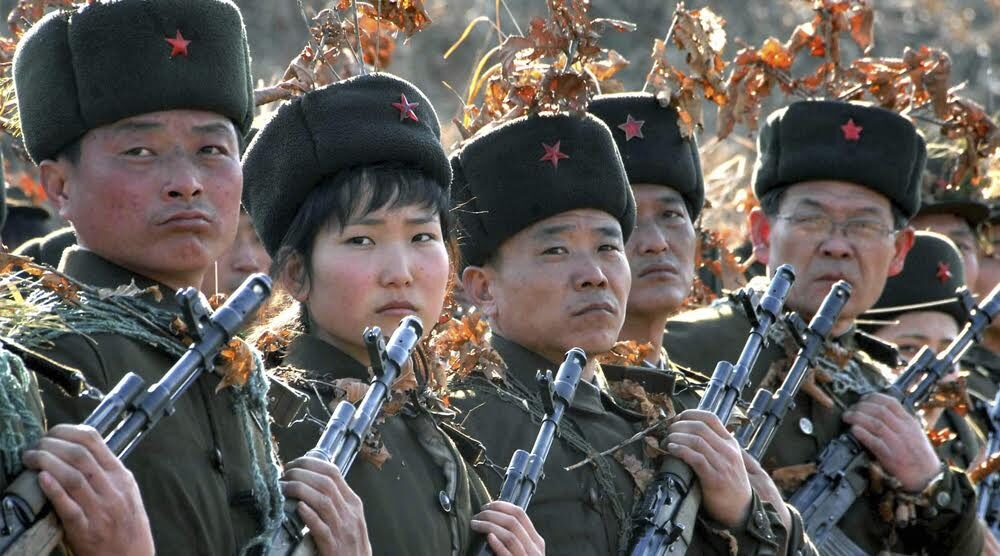In an earlier Interpreter article I argued the need for policy makers in the US and elsewhere to consider not only the now well-rehearsed and well-founded risks of attempting to compel Pyongyang to give up its nuclear weapons, but also the often overlooked but equally well-founded risks of attempting to live with North Korea as a nuclear-armed ‘great’ power.
My point was to emphasise not only the terrible dilemma posed by Kim Jong-un’s nuclear program, but also the importance of openly and honestly debating which of the two evils it presents is the lesser – living with or thwarting Kim’s nuclear weapons capability. This debate requires clearly stating and examining the core assumptions of both positions. Robert Kelly’s recent article makes an important and welcome contribution towards this end.
Those arguing for containment and deterrence of a nuclear-armed Democratic People’s Republic of Korea, as Kelly and others have, assume that doing so can work because the Kim regime is defence-oriented and not expansionist. North Korea is, in Kelly’s view, a status quo state. It follows from this assumption that if Kim Jong-un is indeed status quo-oriented in his thinking, the risks of compelling him to give up his nuclear weapons certainly do appear much greater than the risks associated with deterrence and containment, making deterrence the least bad option.
But is there really a strong, or even plausible, case for making this assumption in the first place?
Please click here to read the full “Don’t assume North Korea is happy with the status quo” article published at The Interpreter, written by Griffith Asia Institute member, Associate Professor Michael Heazle.








